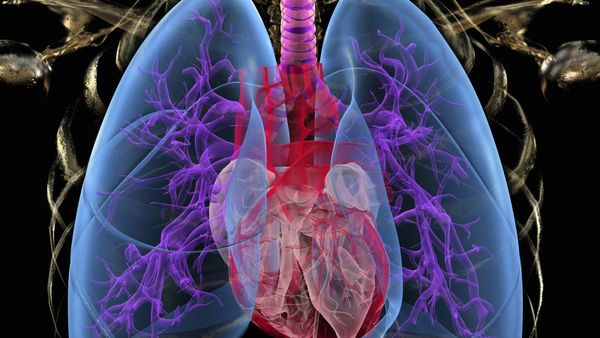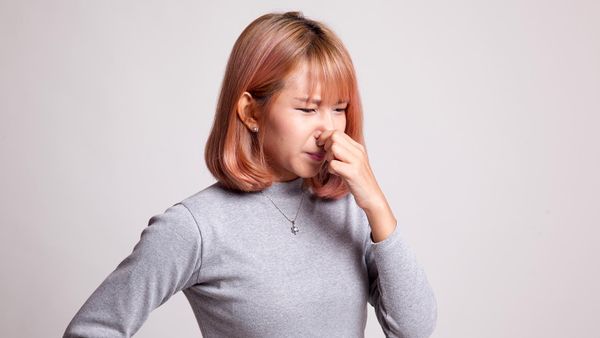Hiccups are common in infants and are very normal. In fact, babies often have hiccups as early as the first trimester of pregnancy. As the baby grows and develops, the hiccups should become less frequent. Hiccups are not usually harmful to an infant, unless they begin to interfere with the baby's sleeping or eating patterns. Generally, the parents are more concerned and distressed by their infant's hiccups than the infant is.
Infants get hiccups when the nerves in their diaphragm become irritated or stimulated. Feeding is often the cause of an infant's hiccups, whether they are being breastfed or bottle-fed. Babies sometimes swallow too much air while they suck, which may trigger hiccups. Burping the baby can help to release the air and relieve the hiccups. Babies are not at risk of choking if they are eating while they have hiccups, since the epiglottis covers the baby's windpipe during a hiccup, preventing milk from going down into the lungs. Although, hiccups will generally go away on their own, if you want to relieve your infant's hiccups, try giving him something to drink or changing his position. If you are bottle-feeding, make sure the hole in the nipple of the bottle is the right size for your baby, so that your baby isn't swallowing too much air while feeding.
Advertisement
Hiccups may also indicate that your infant is stressed. If your baby has hiccups, simply relaxing him and making him comfortable can relieve the hiccups. Hiccups may also start if your baby experiences a sudden decrease in temperature. Wrapping your infant up cozily may be enough to cure a bout of hiccups.

